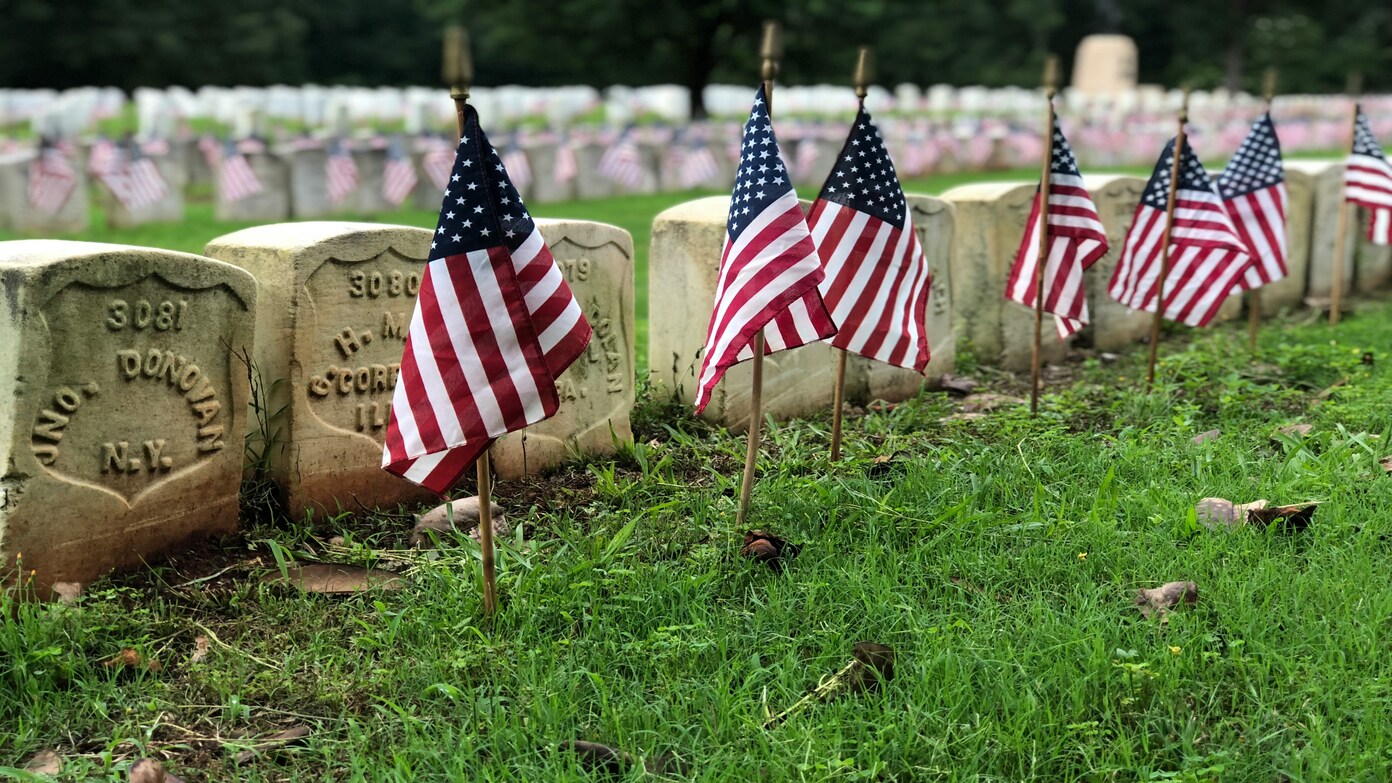Let’s clear something up right away: yes, Memorial Day is a federal holiday—and no, it’s not just about barbecues, sales, or the unofficial start of summer. It’s a day with deep meaning, rooted in loss, honor, and remembrance. If you’ve ever wondered how it all began or who exactly we’re supposed to be remembering, you’re not alone. Here’s the real story behind it, told in plain, everyday English.
Where it all began
During the years just after the Civil War, people everywhere in the U.S., North and South, White and Black, started appearing in the spring to place flowers on the graves of fighters who were killed in the war. They visited ceremonies and took time out to honor the dead. This practice came to be known as Decoration Day.
On May 5, 1868, a group of Union veterans of the Grand Army of the Republic made it official. General John A. Logan led them in issuing what was known as the “General Order No. 11,” proclaiming May 30 a day of remembrance for the whole country to honor its war dead.
Why it called Memorial Day now
Although it started as Decoration Day, its title later transformed into Memorial Day over time. After World War I, the holiday began to honor not just Civil War soldiers but all American war deaths. Eventually, the title Memorial Day stuck.
Congressional legislation made it a federal holiday by 1971, and it was moved to the final Monday in May to give people more days off from work. That is how we got the version of Memorial Day people know now.
Was it always about all soldiers?
Not quite. It was originally about Union soldiers in the early years. But there were other types of memorial days in the South, too, where they remembered Confederate soldiers. Cities in Georgia and Mississippi both claim to have had the “first” Decoration Day in 1866.
Among the most powerful moments came in Charleston, South Carolina, when freed Black Americans and Northern allies honored Union soldiers interred there. It was one of the first large Memorial Day ceremonies and an immense gesture of respect and remembrance.
So, what’s the true meaning?
It’s all about respecting the men and women who died for this country. It’s not for all veterans (that would be Veterans Day in November), and it’s not for soldiers in the military today (that’s Armed Forces Day). Memorial Day is reserved for the deceased.
The day is meant to be serious and respectful. Think half-mast flags, wreaths around graves, and maybe even a moment of silence at 3 p.m., part of the National Moment of Remembrance.
Read now: Does VA cover vasectomy? Coverage, eligibility and what to know about it based on VA benefits.
What should you do on Memorial Day?
You don’t need to attend a big parade or travel to a war cemetery to observe Memorial Day, although doing so is an excellent way to do it. Simply taking the time to think, saying a prayer, or even just learning the names behind the names on a monument or memorial can work wonders.
So yes, Memorial Day is a federal holiday, and yes, it’s closely associated with those who sacrificed everything while in service. And while it’s fine to take advantage of the extended weekend, it’s also a time when you should think about why you have it in the first place.

